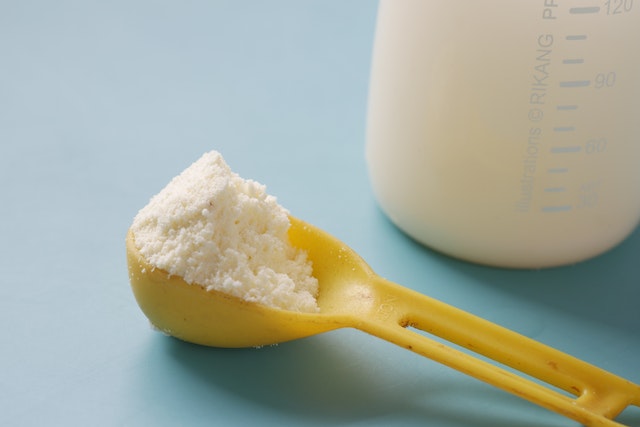Before buying creatine monohydrate powder, it is essential to research the product. It would help if you looked for information on the Side Effects and Interactions with other drugs, safety, and recommended Ages. If you have any questions, contact the manufacturer. The company will be happy to answer your questions and make you an informed decision.
Safety
While scientific evidence has been gathered on the benefits of creatine monohydrate, the safety of creatine supplements in children remains controversial. Although it is an acceptable nutritional alternative to illegal drugs, children should only use pure creatine monohydrate powder if they are participating in competitive/serious exercise and are eating a healthy diet. They should also be within the recommended dosages. While manufacturers have added label advisories to creatine products to offset their legal liability, they should not be regarded as evidence of a safety risk.
The best way to determine whether creatine is safe for your child is to do some research. There are several forms of creatine, including creatine gluconate, creatine phosphate, and creatine monohydrate. Studies have shown that creatine monohydrate is the most effective form.
The most well-studied and safest form of creatine is monohydrate, which can be consumed in powder form. This is preferred because it doesn’t dissolve in liquids and does not need to be diluted for use. The safety of creatine monohydrate powder depends on its dose and the form in which it is consumed. A typical dosage is 0.3 grams per kilogram of body weight per day, which can be repeated every three weeks.
Recommended Age For Use
Using creatine supplements has numerous benefits, but young athletes should only use them under the guidance of a physician or sports dietitian. These professionals can recommend an alternative, safer nutrition for performance and health and can help athletes save money and avoid banned substances. These professionals can also assist in identifying the safest dosage for athletes and reduce the risks of consuming unapproved supplements.
Despite these benefits, creatine monohydrate powder is not appropriate for children or teenagers. Although it is legal to purchase creatine, doctors and pediatricians discourage its use by young people. In fact, most creatine products come with warning labels that warn against use by young children.
Creatine is a popular dietary, performance, and clinical supplement. However, its use in children and adolescents is controversial. While the physiological rationale for its use in adolescents is the same as for adults, a lack of randomized controlled trials has caused some caution about whether creatine can help adolescents achieve athletic success.
Side Effects
Side effects of creatine monohydrate powder include muscle cramps, diarrhea, water retention, and weight gain. It can also cause high blood pressure. Some individuals also experience increased bloating. People with kidney or liver disease should avoid creatine supplements altogether. The Food and Drug Administration recommends that individuals who want to take creatine supplements talk to a doctor before beginning a regimen. In addition, creatine monohydrate supplements should only be purchased from reputable companies.
Creatine supplements are popular among competitive athletes and bodybuilders. It is estimated that over 14 million Americans consume creatine supplements every year. These supplements may increase lean muscle mass and improve athletic performance, especially in short-duration sports. Although there are some side effects of creatine supplements, most users experience no adverse effects.
Creatine monohydrate can cause diarrhea if taken at excessive doses. However, this side effect is rare if the recommended dose is followed. A 5-gram serving of creatine a day is considered a safe amount for healthy individuals. In addition, creatine can be absorbed better when consumed with carbohydrates. However, it is essential to note that creatine dosages above 10 g can cause gastrointestinal distress.
Interactions With Drugs
Creatine monohydrate powder is known to interact with many drugs. Although the list includes common medications, it does not have all possible interactions. Before taking creatine, you should discuss all of your medications with your doctor or pharmacist. However, you should only take the prescribed amount. Do not combine creatine with other medicines unless your doctor explicitly directs you.
Creatine may cause adverse effects on patients who are taking HIV medications. It is also known to increase the workload of the kidneys. It is, therefore, important to discuss the risks and benefits with your healthcare provider before taking creatine. In addition, you should not take creatine while taking certain medications that affect your liver or kidney function.
Creatine may also interact with NSAIDs, such as ibuprofen and naproxen, which may increase the risk of kidney damage. It may also increase the risk of dehydration if combined with caffeine or ephedra.
?

